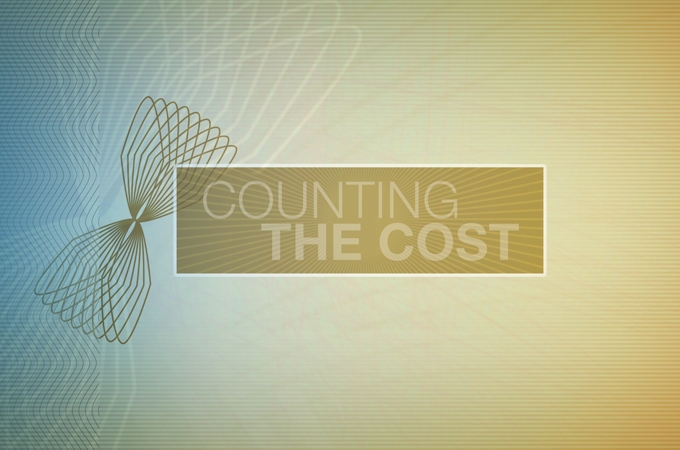
Croatia: A sign of optimism for the EU?
Croatia hopes to join European Union despite economic crisis and anti-austerity strikes disrupting the region.
Anti-austerity protests and widespread anger have been sweeping across Europe, which is lodged in an economic crisis that will not go away.
The eurozone is back in recession, and the European people are ensuring everyone knows how bad things are, with co-ordinated strike action that was a feature across the continent this past week.
In Italy, for example, workers and students were out on the streets of Rome. Youth unemployment there is at 35 per cent, more than three times the national rate. Unions say austerity is strangling jobs and impoverishing the country.
Then in Greece, where it all began, protesting is almost all they have left.
A quarter of workers are unemployed, and while Greece is likely to get another $40bn bailout tranche, the Greek people will be hit with further austerity measures to make it happen.
And in Spain, riot police were out and arrests were made during a general strike.
The country’s economy minister says austerity is the only option, something that does not please the almost five million Spaniards currently out of work.
Some Spaniards though, are making big life changes so they can find jobs, even moving to the countryside to look for work.
Croatia’s EU aspirations
With such a dire economic situation across Europe, why would any country want to join the European Union? But it is still an attractive option to some, like Croatia. The country is waiting for the rest of Europe to ratify its entry into the bloc.
Although, this time, the question is not so much ‘why does it want to join’ but rather ‘is the country ready’?
Croatian foreign debt stands at around $63bn. And the International Monetary Fund (IMF) is predicting a 1.5 per cent decline in growth this year, before it sees any growth in 2013. Unemployment is also bad, at almost 20 per cent.
Counting the Cost speaks to Croatia’s president, Ivo Josipovic, and asks him about the economy and his country’s hopes to join the EU.
US embargo on Cuba
Elsewhere, it is another year and yet another United Nations condemation of the US embargo on Cuba.
Like Europe, Cuba has the kind of economic problems which continue to affect everyday people. However, in Cuba, it is five decades worth of problems.
For the last 50 years, the US has enforced a commercial, financial and economic embargo on the island. The Cuban government estimates the embargo has cost the country around $900bn since it began.
Fines against US and foreign companies violating the embargo this year stand at $622m, up from $89m in 2011.
Every year for the last 21 years, the UN as called for the US to end it; but the embargo still holds. So, will anything ever change?
Boeing’s new hope?
Moving on to the airline industry, as companies demand more fuel-efficient planes, does plane-maker Boeing have the answer?
Boeing has had a bit of a torrid time of late, overtaken by rival Airbus as the world’s biggest maker of passenger jets. It has been regularly beaten to the big plane orders, but it may now have the key to reversing that, with its Dreamliner 787.
A total of seven carriers now have their Dreamliner 787s – albeit after three years of teething problems – and Boeing’s business is looking a lot healthier as a result.
Counting the Cost talks to Ray Conner, the chief executive of Boeing Commercial Airplanes.
Watch each week at the following times GMT: Friday: 2230; Saturday: 0930; Sunday: 0330; Monday: 1630. Click here for more Counting the Cost. Follow Kamahl Santamaria @KamahlAJE and business editor Abid Ali @abidoliverali |
